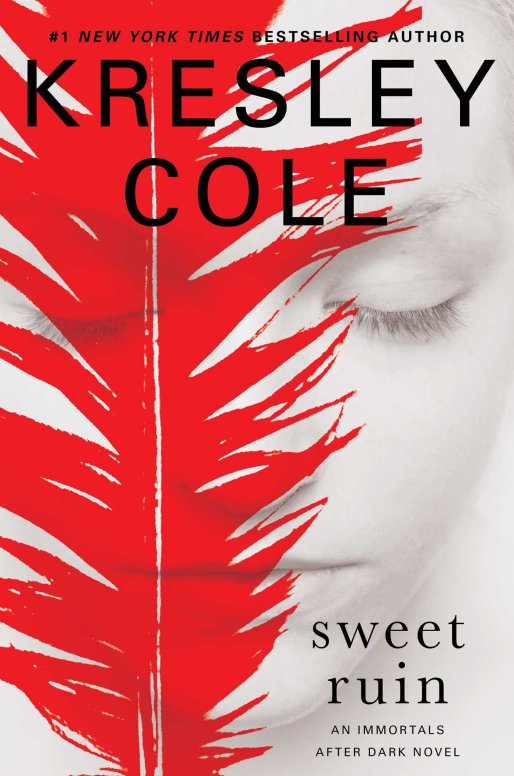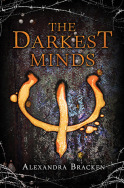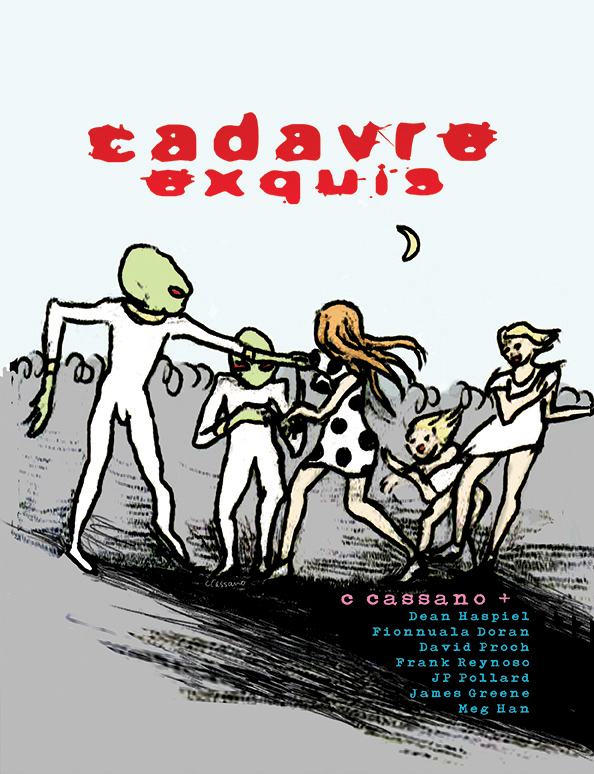Esther Freud …

Esther Freud is a British novelist. Born in London in 1963, Freud is the daughter of painter Lucian Freud and Bernadine Coverley. She is also a great-granddaughter of Sigmund Freud and niece of Clement Freud.
Her first novel, Hideous Kinky (1992), was made into a film starring Kate Winslet. After publishing her second, Peerless Flats (1993), she was named one of Granta’s best young British novelists. She has since written six novels, including Love Falls, Lucky Break, Mr Mac and Me, and teaches creative writing at the Faber Academy. Her novels have been translated into 13 languages.

In 2007 she was interviewed by the Guardian for their Writers Rooms series …
When I moved into this room, not very long ago, I imagined I’d put a long desk against the wall, as the previous owner had. But as I don’t have a long desk and there was nowhere to put this round table, I decided to try writing at it. On my desk is a calendar I use as a diary and lots of sheets of paper I scribble on when I’m writing – notes about the book I’m working on, or a reminder to call the dentist. There’s an in-tray which I bought recently. Once something goes in, it never seems to come out, so mostly I spread things around the table if they really need to get done. I don’t need any of these things, just my green chair and my laptop. which is raised up on an old copy of Spotlight.

In a further interview with the Guardian in 2012, she spoke further about her writing routine …
When I first began writing I was so terrified I wouldn’t be able to do it, I made myself start as soon as I got up. Three hours was what I promised I’d do. No more or less. To my amazement, this worked. The pages accumulated. The story grew. Within a year, I had my first novel. But as time has passed, I’ve become less strict. Partly through necessity and partly due to a willingness on my behalf to be distracted.
Another writer once told me about a sign they’d been given: Writer at work, please disturb. And I’ve noticed that as my anxiety has subsided, my discipline has slipped. But by 10am I’m desperate to get to work. If I don’t start soon, I won’t be able to start at all. My morale is higher in the morning, my eye sharper, my doubts ring less loudly in my ears. In the morning anything seems possible. In the afternoon I can’t imagine why I bother at all.
I start every day with rewriting. I go back a few pages or, sometimes, to the very beginning, fiddling and fixing, reacquainting myself with my characters, my landscape, my plot, and then, like a motor revving up, incredibly slowly, I’m moving forward, writing into the unknown. People often ask about the dreaded blank page, but I almost never see it. I’m working from the inside out, fattening things up. This is the happiest time. Nothing can distract me now.
I work till 2pm, but it’s the last 20 minutes that are often the most productive. It’s when, faced with my self-imposed deadline, I stop scrutinising each sentence and write into the story, almost with my eyes shut, forging ahead, laying words down to be examined the next day. Now I am no longer available for distraction. If I hear a door open, or a phone ring, my stomach lurches and my body goes still. Please do not disturb.

Sitting down at your desk every day is an appointment with doubt; that is the nature of writing. I don’t show much of my work in progress to others. I know whether it’s working or not; somebody else’s opinion is not going to change that.

Esther Freud’s website
Advertisements Share this:





